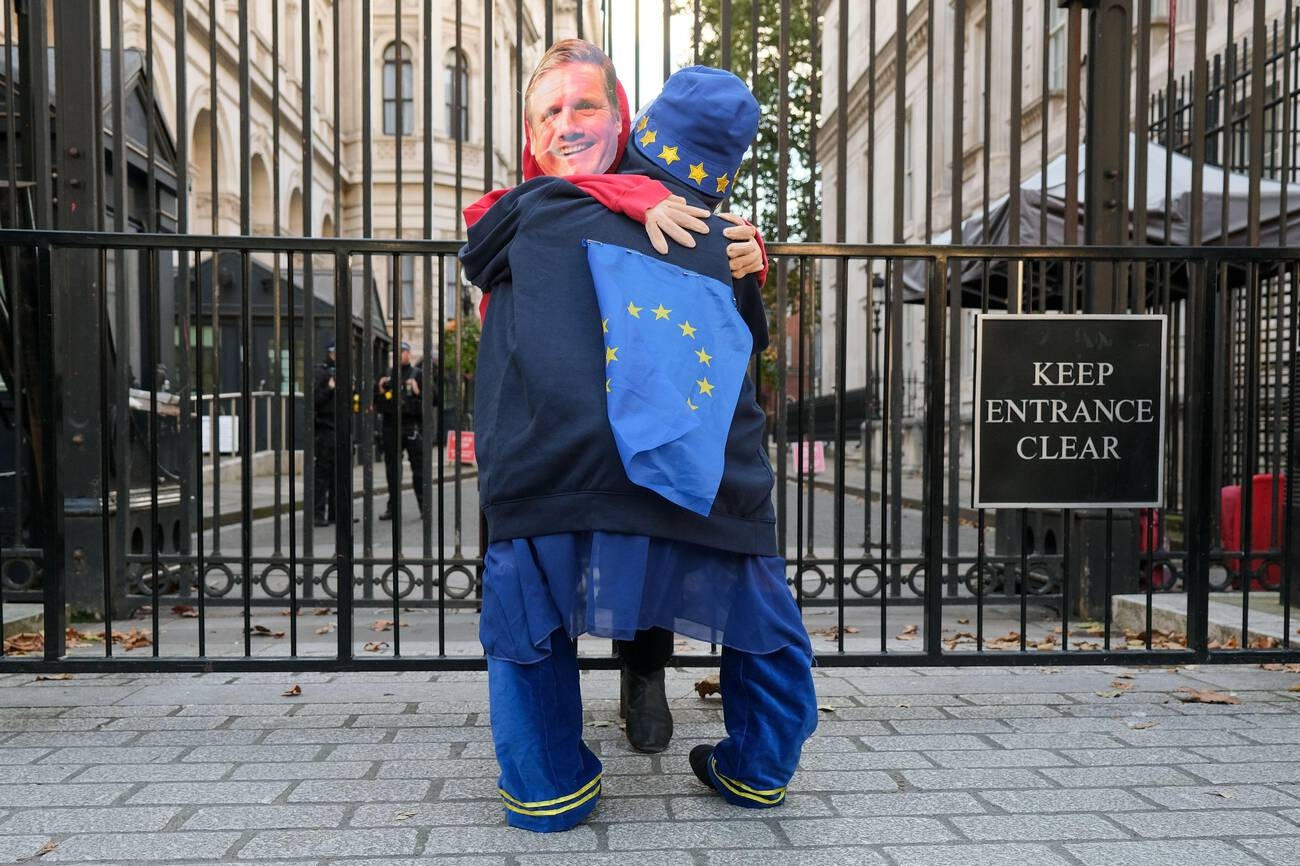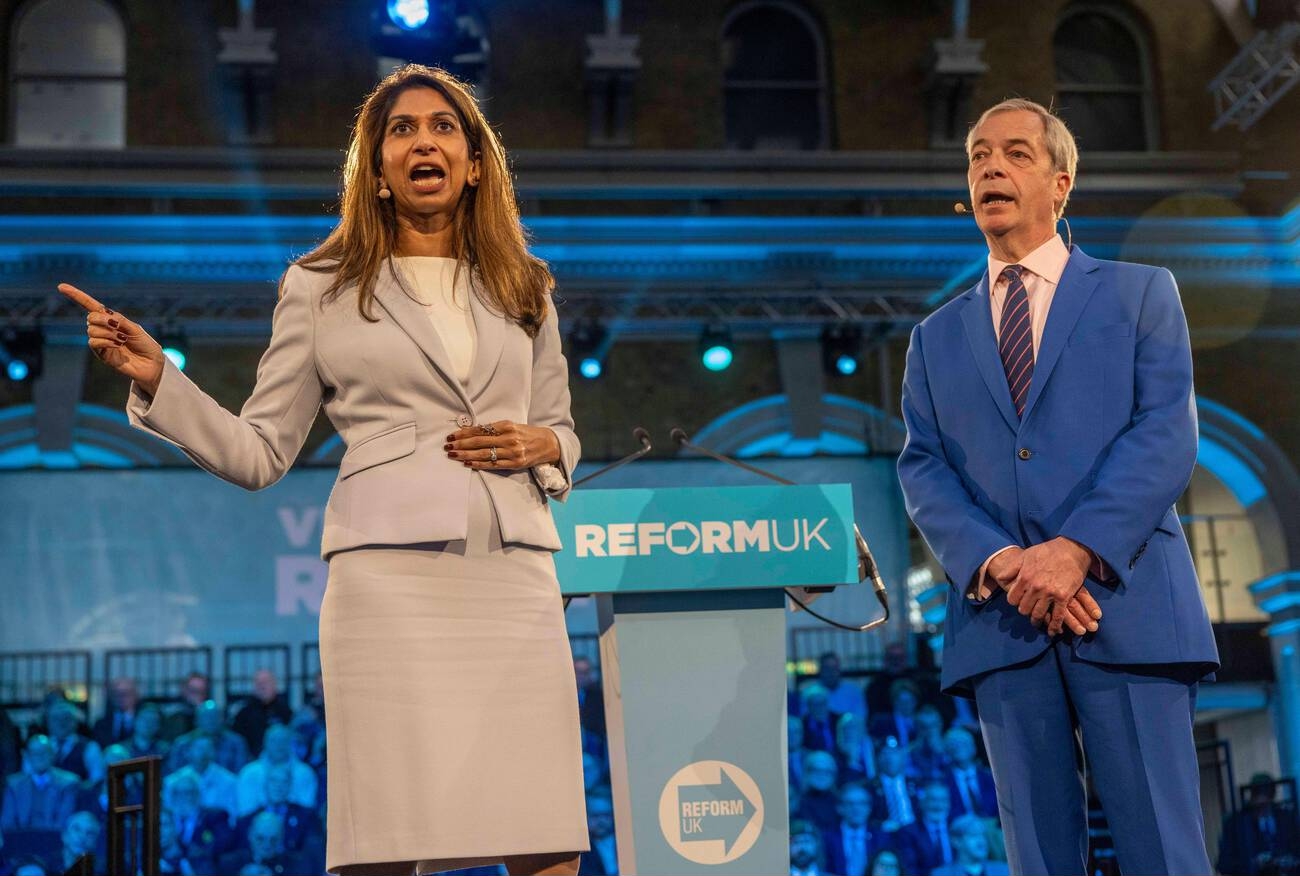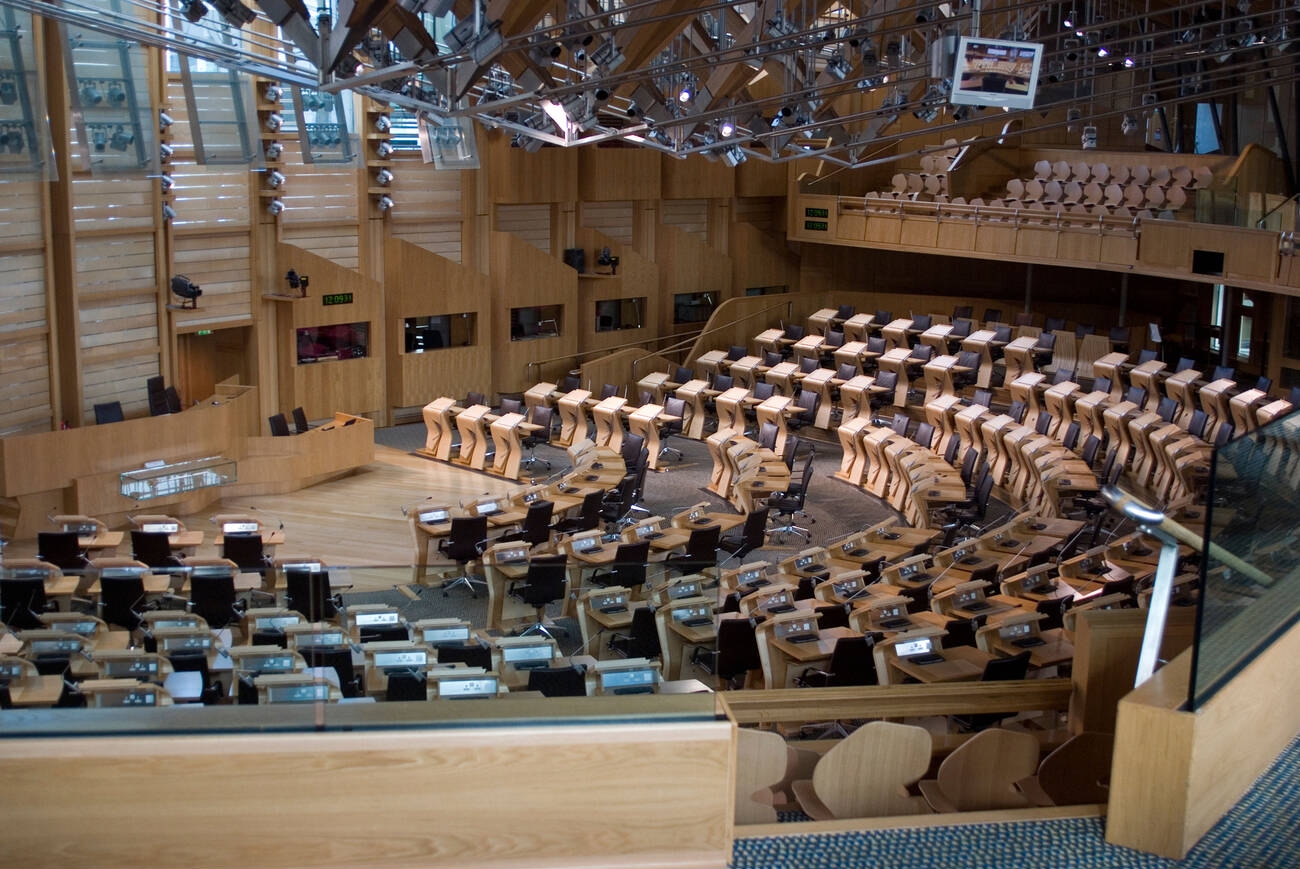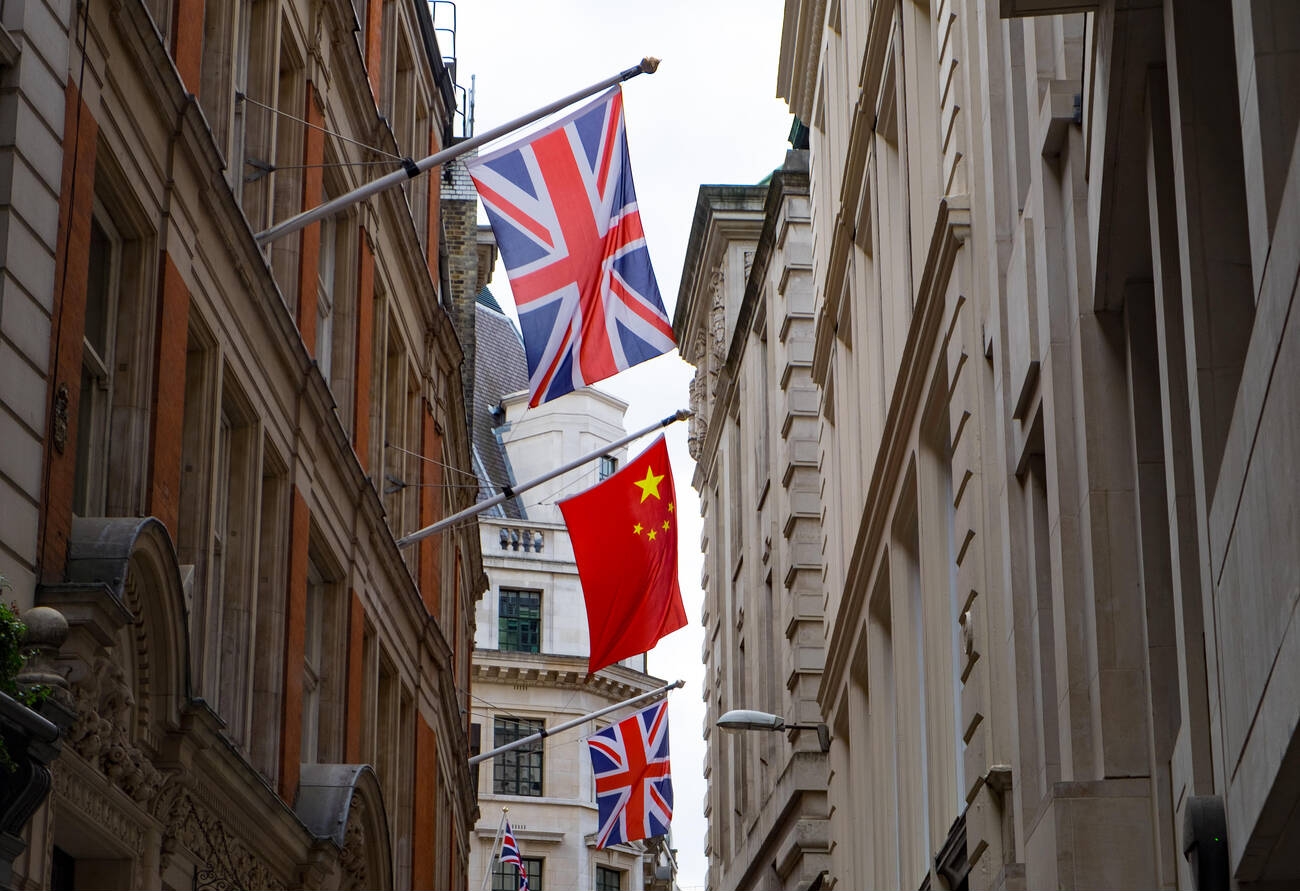Starmer’s Failure to Solve the Cost of Living Crisis Has Led to A Sharp Drop in Labour’s Popularity
It has been five months since the victory of the Labour Party led by Keir Starmer in the general

It has been five months since the victory of the Labour Party led by Keir Starmer in the general election in this country. The Labour Party was able to achieve a stunning victory in the general election and defeat the Conservatives. During the Conservative era, economic conditions were not favorable for the British and most of them were suffering from a cost of living crisis. The promise of economic reform was one of the most important election promises of Starmer in the general election. This article examines the short-term performance of the Labour Party in the economic arena and its impact on its popularity.
Declining economic growth after the general election
The Office for National Statistics (ONS) published its latest report on Friday, November 15. ONS announced that the economic growth index in this country in the third quarter of this year (July to September 2024) was 0.1 per cent. This is less than the previous quarter (0.5%) and lower than the forecast of 0.2% by economic experts for this period.
Decrease in production index simultaneously with decrease in economic growth
According to statistics, the British production index decreased by 0.1% last September. This incident, along with the controversial budget bill of the UK government, presented to the parliament two weeks ago with a focus on increasing taxes, has raised the voices of the ruling Labour Party’s critics. Chancellor of the Exchequer Rachel Reeves said she was not happy with the new figures. She said that she hopes the government’s economic reforms will stabilize the country’s financial situation in the long run.
The view of the Governor of the BoE about the negative consequences of Brexit
Referring to the economic consequences of the country’s exit from the EU (Brexit), the head of the Bank of England, Andrew Bailey, called for restoring relations with the EU. During a speech in London, he said: I take no position on Brexit per se, but I do have to point out consequences. He added: ” The impact on trade seems to be more in goods than services… But it underlines why we must be alert to and welcome opportunities to rebuild relations while respecting that crucial decision of the British people.”
Starmer’s failed attempt to improve relations with the EU
The government has tried to restore the country’s relations with the EU to resolve the cost of living crisis that has disappointed the British. Foreign Secretary David Lammy attended last month’s Council of Foreign Ministers of the EU meeting for the first time after Brexit. During his trip to Brussels last month, Keir Starmer also met with the heads of the Council and the European Commission. He tried to repair relations between the UK and the EU, which Brexit has strained. According to statistics, the UK economy is in the worst state of the last half-century. The cost of living crisis and fluctuating inflation have caused widespread dissatisfaction in this country.
The high impact of Brexit on the cost of living crisis
Statistical data shows that the UK’s economic growth has lost 140 billion pounds due to Brexit. Experts predict that this figure will reach 311 billion pounds by 2035. According to studies by the Centre for European Reform (CER), Brexit will cost the UK between 75 and 125 billion pounds annually. This figure equals 3 to 5 per cent of the UK’s GDP. This European think tank found that Britain had lost 30 billion pounds in investment, trade, and taxes due to leaving the EU.
The Labour Party is forced to increase taxes.
Chancellor of the Exchequer Rachel Reeves has previously warned that taxes will rise in October’s Budget. In August, Reeves announced she would scrap the winter fuel payments introduced by former UK prime minister Rishi Sunak at the height of the cost of living crisis, delay plans for social care reform, invest in roads and rail, and cut the hospital as part of a plan to reduce borrowing. The Starmer government has rejected the promise of short-term economic reform. They say that economic reform is possible in the long term. So the British should not expect economic conditions to improve in the short term.
Failure of the Labour Party to restore relations with the EU
The Labour Party managed to take the helm of the government in the July 5 general election by promising to restore relations with the EU and economic reforms. Of course, political experts believe that this victory was due to people’s anger over the 14-year performance of the conservative party. According to political experts, the victory of the Labour Party has nothing to do with the superiority of the promises of the Labour Party. Statistics also show that the participation of the British people in the July general election was 60%, the lowest since 2001. According to statistics, the participation rate of the British in the elections from 1922 to 1997 was not lower than 70%.
Decrease in the popularity of the Labour Party
A survey by the prestigious YouGov shows that the popularity of the Labour Party has dropped from 47% on the eve of the last general election to 34%. Meanwhile, 57 per cent have declared that they are not supporters of this party. In fact, according to statistical data, the number of those who did not support the Labour Party increased by 11% in the last 3 months. Of course, the popularity of the Labour Party is still far greater than that of the Conservatives. According to the findings of YouGov, only 7% of British people support the Conservative Party. This figure is considered a historical scandal for the party that ruled the UK government for 14 years.
YouGov’s findings on the decline in the popularity of the Labour Party
Contrary to the Labour Party’s promises to support the vulnerable, 41% of Britons believe there is no difference in the views of this party and the Conservatives. This issue shows that the British have lost trust in the two main political parties. According to the findings of YouGov, only one out of every three Englishmen (34%) has a positive view of the Labour Party. 36% of British people do not consider the ruling party honest, and 27% believe this party should not be in power. 17% think the Labour Party is unprofessional, and 16% consider it weak.
Starmer’s failed performance: an early election?
After 14 years away from power, the Labour Party has taken the helm of the government in the July 5 general election. This party has introduced increasing economic growth as one of its priorities. The statistics show the unsuccessful performance of the Labour Party in creating economic growth in England. The results of the latest polls in the UK show that the level of public trust in Keir Starmer and the Labour Party has decreased. The British, who were hoping to solve the cost of living crisis by the Labour Party, are now disappointed. The Labour Party does not have a short-term solution to solve the economic problems of the British partially. Starmer’s failed performance will likely increase calls for an early election.









